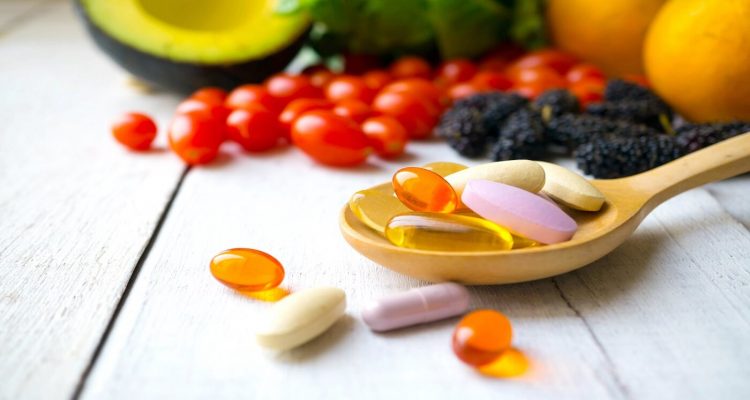
Vitamins for every day: 3 types and conditions of their reception
0
Vitamins are organic substances that we get every day with food. But if the necessary amount of them does not enter the body naturally, it is worth taking food supplements. British doctor, pharmacist Deborah Lee points out that there is no need to additionally provide yourself with vitamins if you follow a healthy diet. However, taking some vitamins is necessary for certain diseases or life circumstances.
Vitamin B9 (folic acid)
According to Dr. Lee, folic acid is necessary both during planning and during pregnancy. Women are recommended to take 400 mcg of folic acid per day for three months before conception and during the first trimester to reduce the risk of having a baby with neural tube defects such as spina bifida (spina bifida) or anencephaly.
Vitamin D
Vitamin D helps control metabolism and bone strength, controls the immune and nervous systems. At the same time, its deficiency is often observed in residents of northern latitudes. Adults, depending on their place of residence, are recommended to take at least 10 mcg/day (400 IU).
Iron
Iron supplements are often prescribed to patients with anemia. It is clarified that they can have side effects and should not be used if there is no deficiency of this substance. At the same time, people from high-risk groups with nutrient absorption disorders may also need to take other vitamins together.
It is worth taking vitamins for:
- intestinal diseases (ulcerative colitis, Crohn's , celiac disease, etc.) or eating disorders;
- risk of osteoporosis (for example, postmenopausal women, doctors recommend additional intake of calcium and vitamin D);
- consumption of large amounts of alcohol and insufficient nutrition to reduce the risk of liver failure.
As Dr. Lee points out, the most important thing is to follow a healthy diet, eating fresh foods, including fruits and vegetables. Nutrients are better obtained from food than from any pills or capsules.
“The antioxidants you get from your diet counteract reactive oxygen species, prevent damage to the body's cells, and reduce the risk of heart disease, stroke, cancer, diabetes and dementia. That's why you need to eat greens! Unfortunately, the simple intake of antioxidants as supplements does not have the same effect,” concluded the specialist.









Leave a Reply